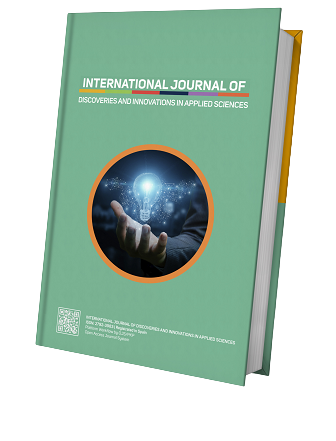Artistic and Philosophical Interpretation of Islamic Civilization in the Works of Yu. V. Goethe
Keywords:
civilization, enlightenment, faith, contemplation, religious doctrine, Koran, sura, oriental motive, tolerance, IslamAbstract
The article deals with the Islamic civilization in the work of the great thinker of German literature I.W.Goethe. It is recognized that the attitude of the poet to Islam was shaped by the ideas of the Enlightenment. Goethe was more in terms of his personality than the prophet Muhammad and Islam. As a result, his views on Islam surpassed all the extraordinary, narrow ideas and views that existed in Germany on their own. His positive attitude towards Islam was discovered by Goethe at a time when his personal beliefs and thinking were in line with the mainstream religious teachings. Due to his interest in the Qur'an, he not only draws conclusions about the Qur'an from various surahs, but traces of Islam and the Qur'an have been preserved in many of his poems and works. The most famous of them are, without a doubt, “Faust” and the “West-Eastern Divan”. At the same time, Goethe paid special attention to the religion of Islam, which embodied in its essence the ideas of religious tolerance. Goethe's interest in the East was a fitting response to his doubts about his being a Muslim. Moreover, Goethe focused more on Islam and Eastern civilization than on the origins of language and poetics. One of his opportunities was to find European culture in this East. In this sense, his concept of world literature has a solid foundation and develops from it.




